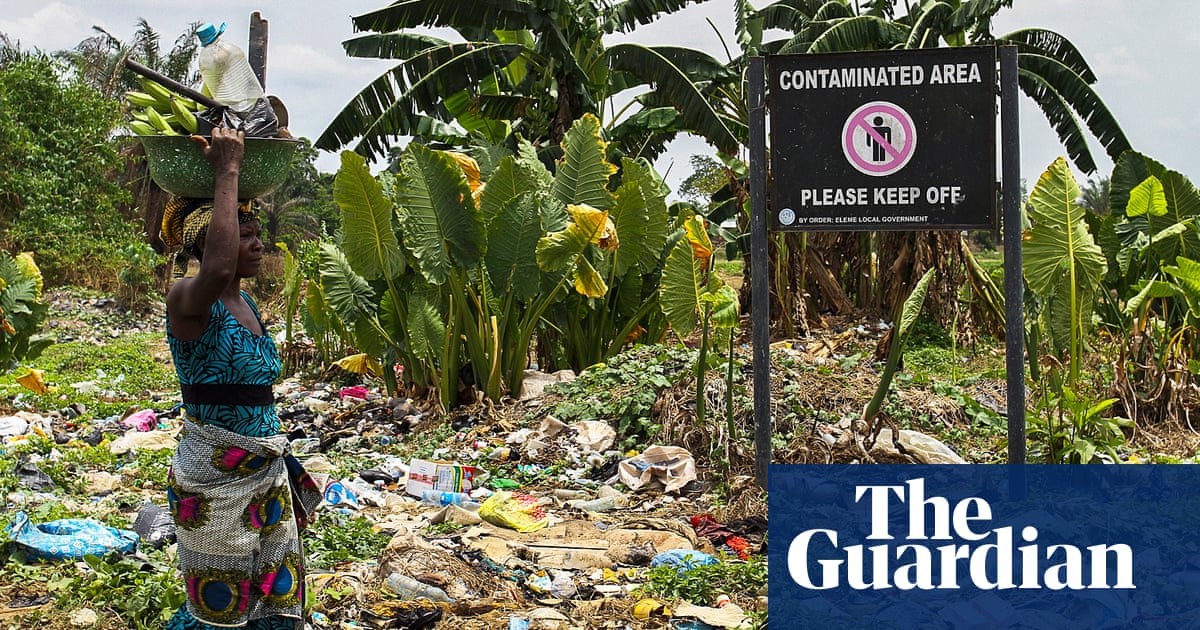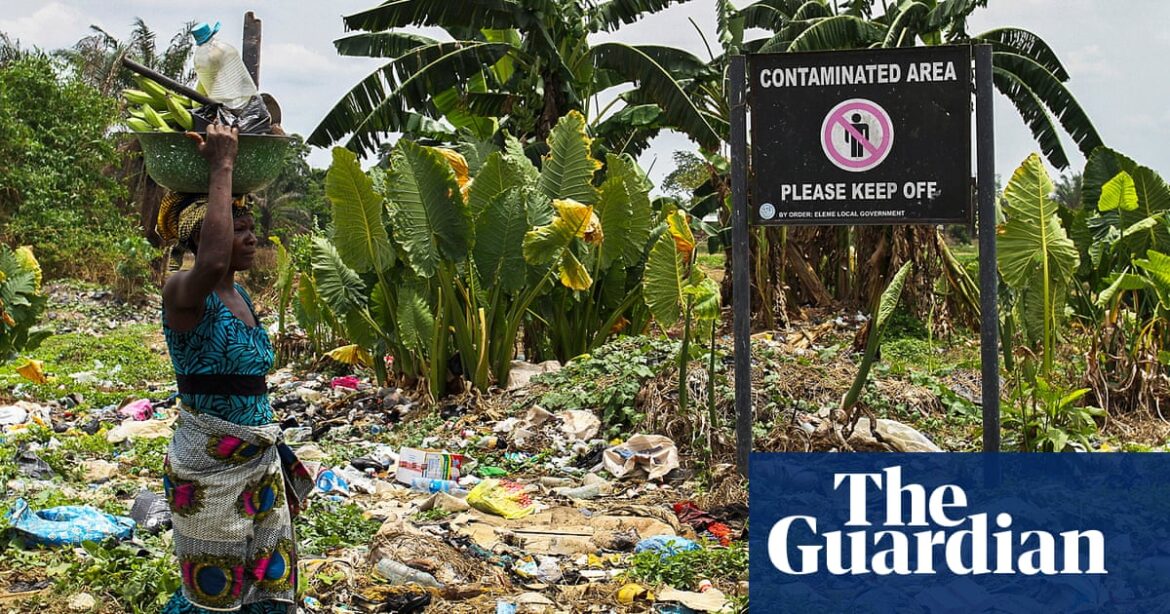
According to a report, the company Shell must take accountability for its harmful pollution in the Niger Delta and properly decommission any abandoned oil structures before being allowed to leave the area.
Shell plc is getting ready to sell off its assets in the delta, but a report cautions that it should not leave until it has resolved its history of environmental pollution.
According to a report from the Centre for Research on Multinational Corporations (Somo), the issue of historical pollution in the area is still a pressing concern. The report also accuses Shell of shirking their responsibility, despite the massive profits they have gained from the oil industry.
The claims were made by Clive Lewis, a Labour MP, during a House of Commons session, stating that the exit of British business Shell from the delta region could result in the neglect of its environmental duties and obligations.
According to the report, there is a significant lack of transparency regarding the financing of decommissioning. Legal obligations in Nigeria dictate that companies must allocate funds for decommissioning, however, there is currently no method in place to determine the amount of funding companies have or have not reserved.
Somo’s researchers were unable to verify whether Shell has established a fund or funds for the decommissioning of the oil mining leases it has divested.
According to Audrey Gaughran, the executive director of Somo, Shell has achieved a remarkable disappearing act similar to Houdini’s. As the oil industry nears its end, either in five or twenty-five years, Shell has divested its harmful assets and will not be stuck with them when the music stops.
Shell has been making profits from extracting oil for many years, and as a result, the Niger delta has become extremely polluted with oil, causing dire consequences for communities that will last long after the industry has stopped.
According to her, the withdrawal of Shell, which has held a dominant position and extensive presence in the area for many years, will have a significant impact on vast portions of the delta and numerous communities.
Shell has consistently argued that the main sources of oil contamination are theft and tampering with pipelines. However, the report states that this does not exempt them from their obligation to perform clean up operations. According to Nigerian legislation, Shell is required to address oil spills regardless of their origin. The company has not fulfilled this requirement, as stated in the report.
Gaughran stated that Shell cannot be allowed to escape responsibility for this egregious example of an unfair energy transition. It is crucial to address the past pollution, inadequate funding for decommissioning, and financial transparency issues in Nigeria as it sets a precedent for a fair energy transition globally.
This week in the House of Commons, Lewis stated that Shell has suggested selling its Nigerian branch, the Shell Petroleum Development Company (SPDC). He inquired about what actions the government was taking to ensure that the British company did not abandon an ecological disaster.
“This is one of the most significant business and human rights issues of our generation. Shell is responsible for some of the most brutal, violent, and repressive actions by a company, in this case against communities in the Niger delta,” Lewis said.
Shell’s departure from the Niger delta could establish a model for other UK-based multinational companies operating in developing regions who may be attempting to avoid accountability for harming the environment. This could leave local communities with limited options for seeking justice.
According to a representative from Shell, multinational energy companies are selling off onshore assets as part of a larger restructuring of Nigeria’s oil and gas sector. This shift, which comes after years of developing local capabilities, involves increased involvement from domestic companies in achieving the country’s sector goals.
When divesting, the government requires submissions that allow regulators to carefully assess various issues and potentially approve the divestments, as long as they fulfill all necessary conditions.
Source: theguardian.com



